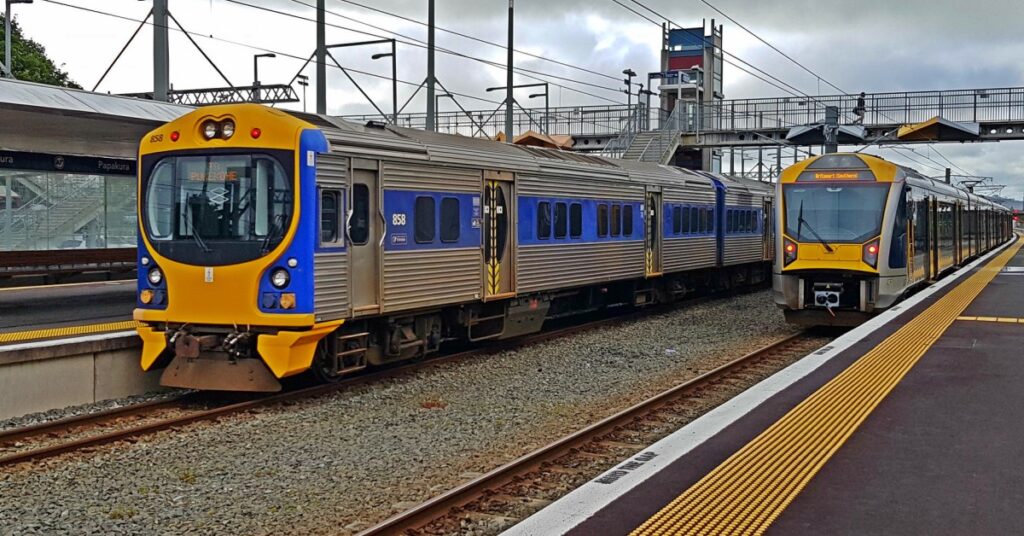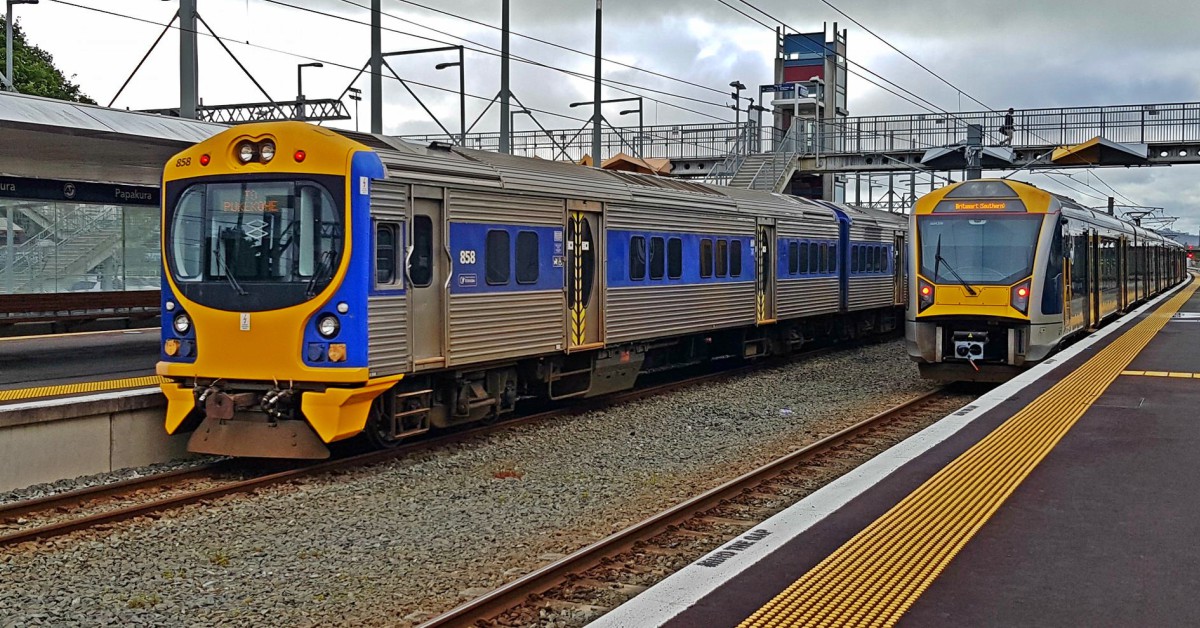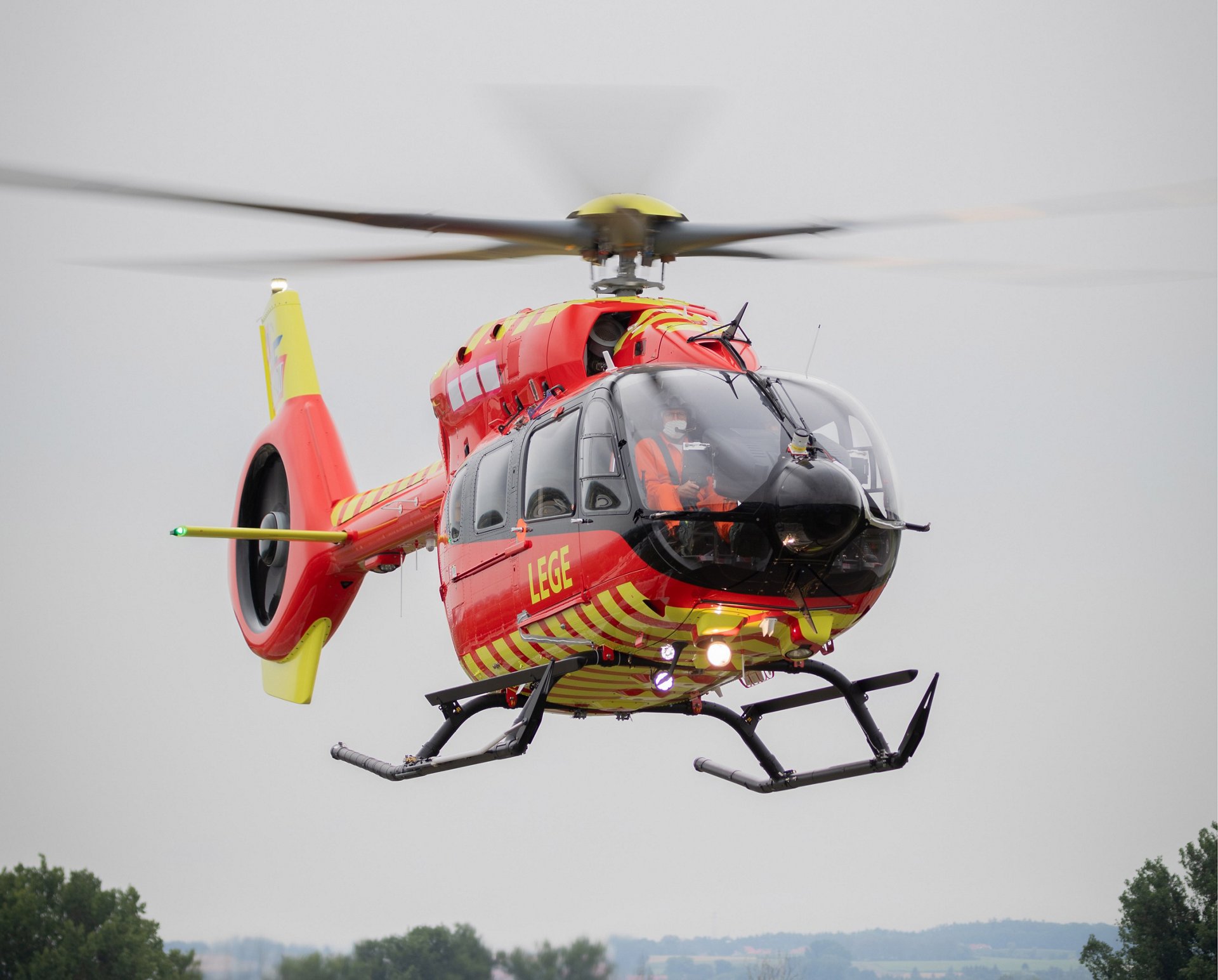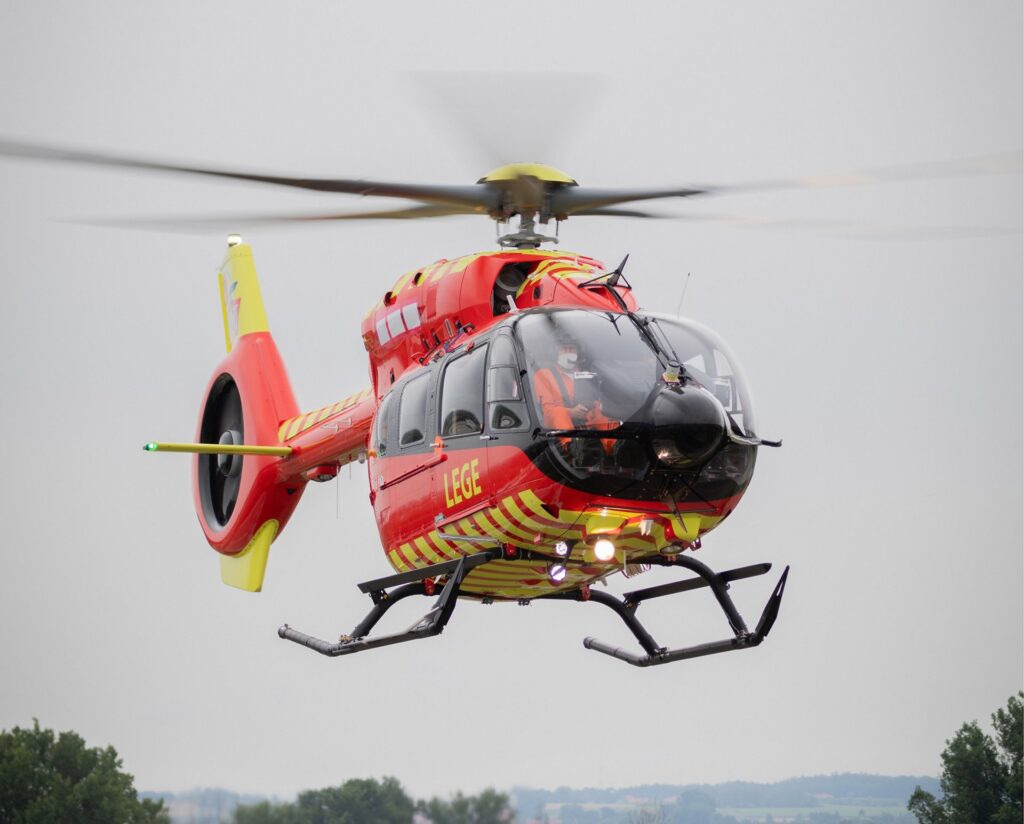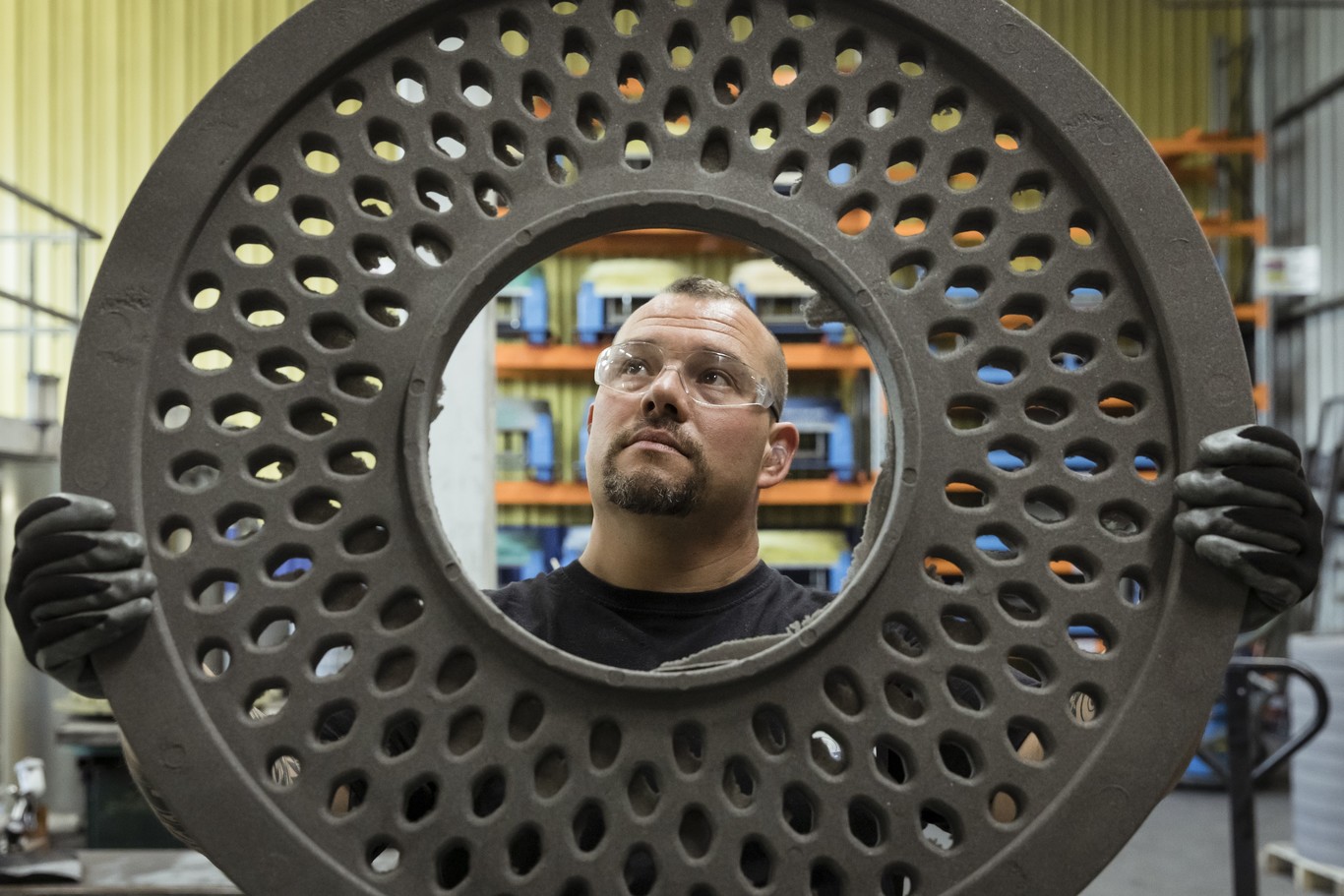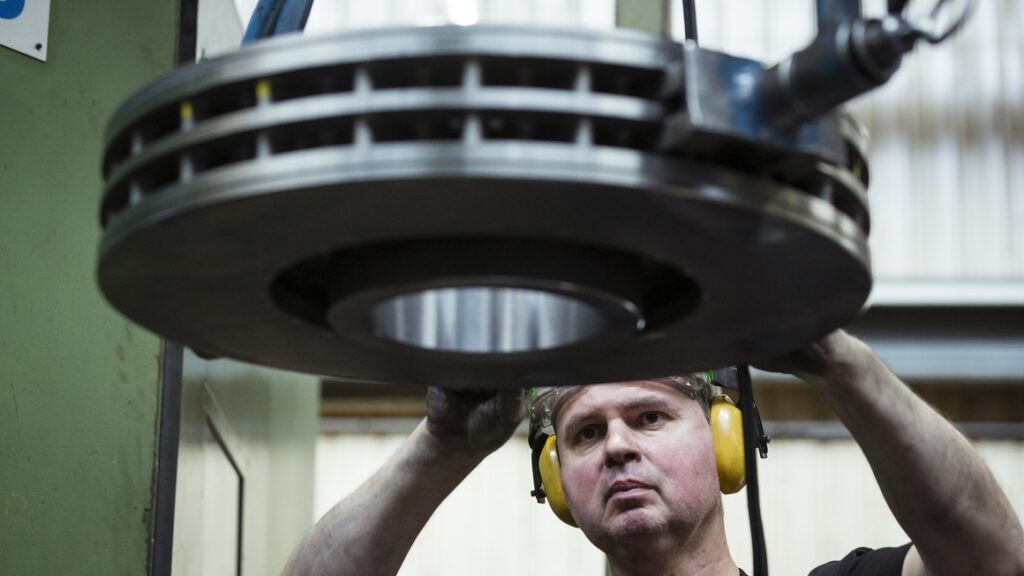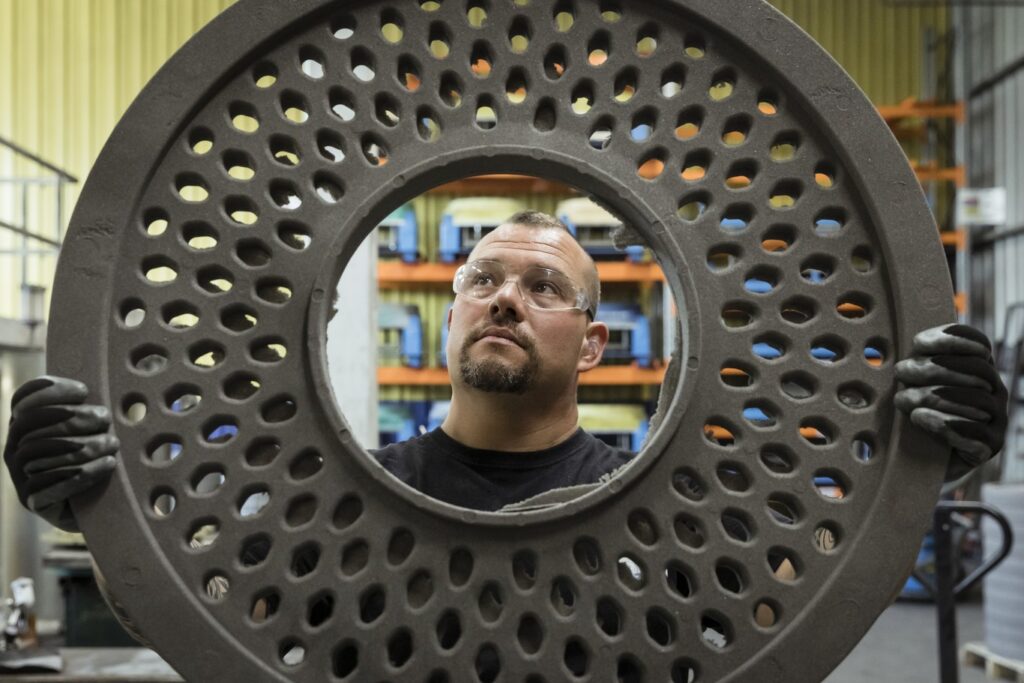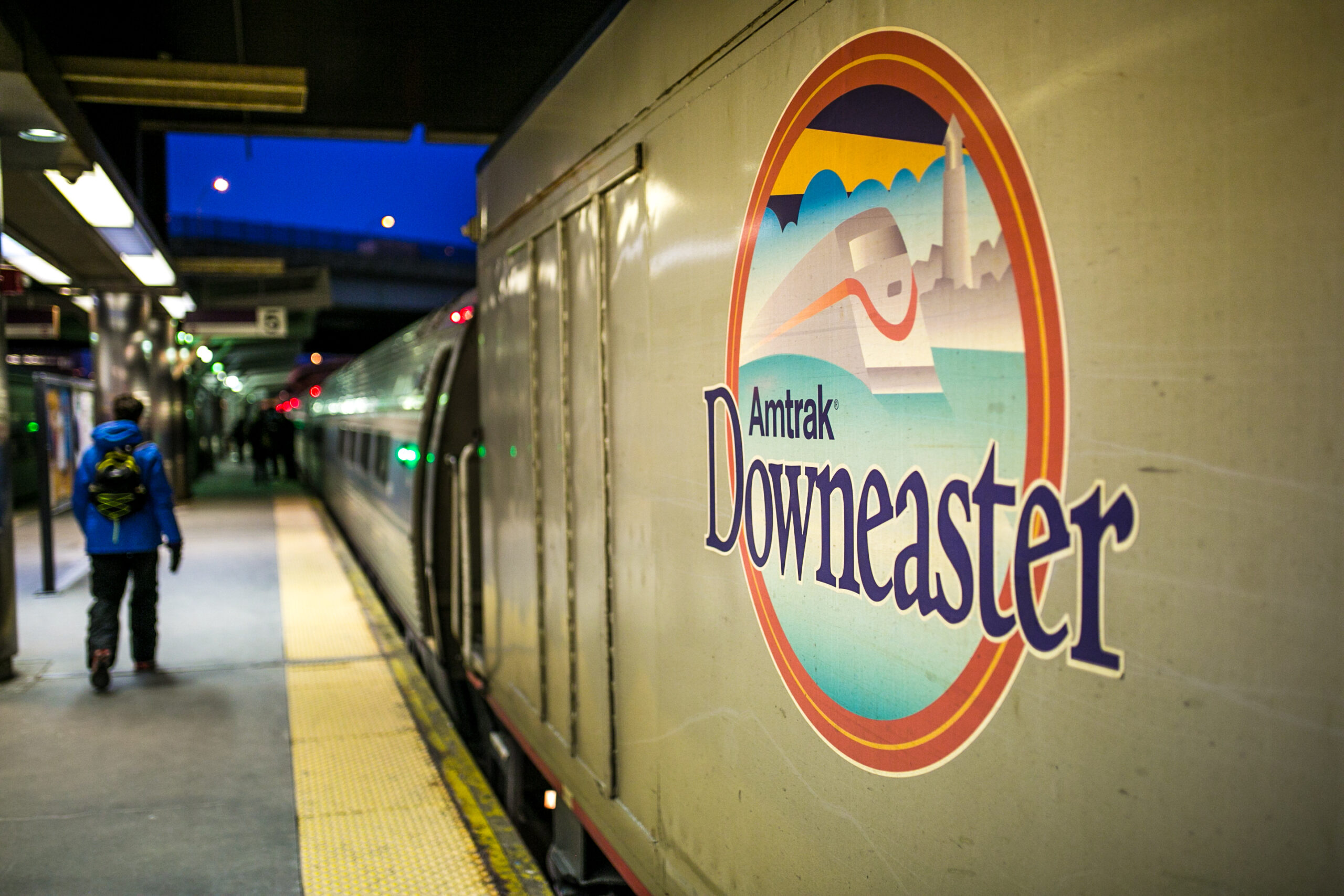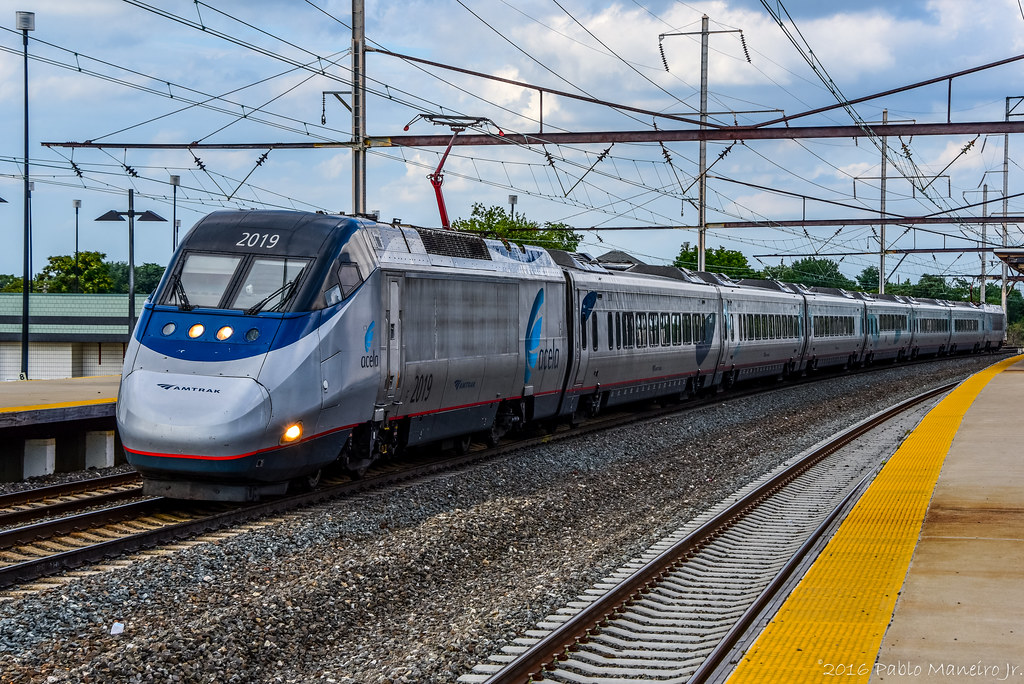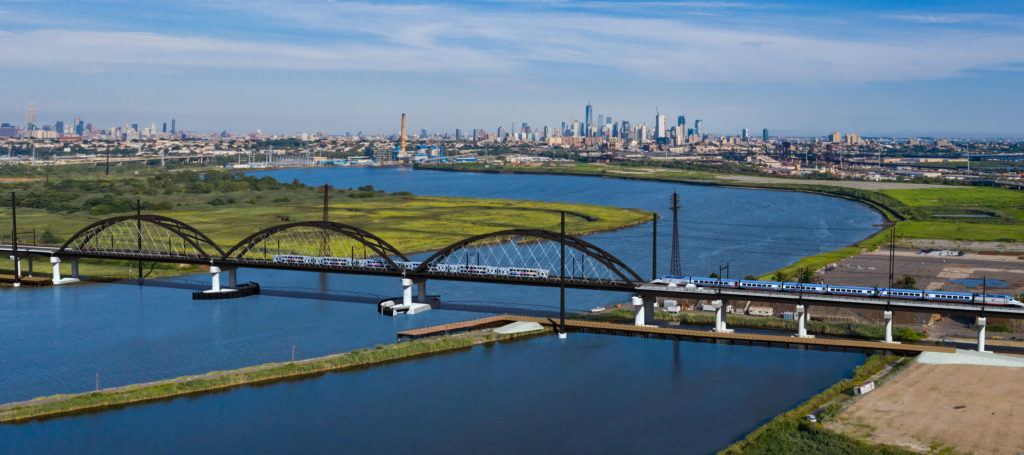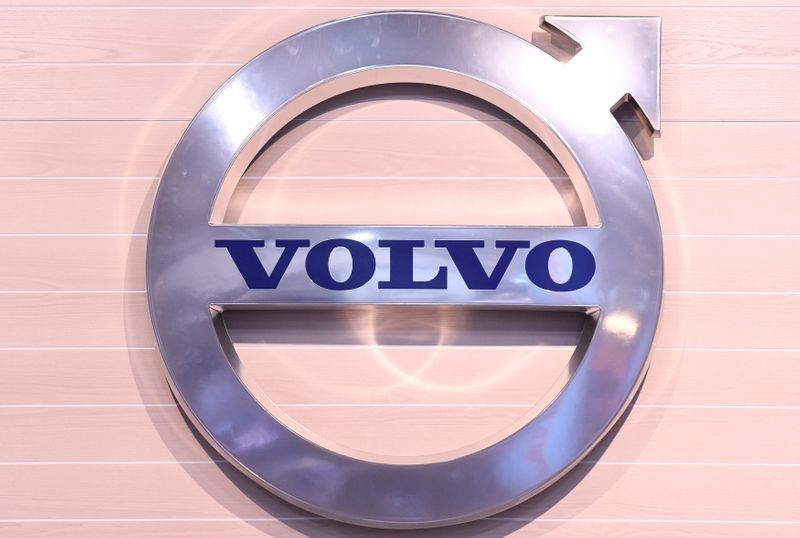Infrastructure work across the Auckland metro rail network is set to ramp up over the Christmas period during a network wide shut down.
As Aucklanders head out of the city on holiday, work on several projects is scheduled across the network to take advantage of the quieter period.
KiwiRail Chief Operating Officer Todd Moyle says work will focus on track repairs.
“We’ll have more than 100 people working over the Christmas and New Year period across the network. Additionally, preliminary work on Papakura to Pukekohe electrification, the Westfield and Wiri junction and the construction of a third main will be getting underway.”
All of the projects are part of the Auckland Metro Rail Programme and once complete will deliver Auckland a resilient train infrastructure network for improved reliability of passenger train services provided by Auckland Transport and freight trains.
Earlier in the year, testing uncovered damage to more than 100km of track which required urgent upgrading.
“Our teams have put in a lot of hours and have already completed over 50 percent of the required work.
“The upgrade has been a massive task and KiwiRail has worked with Auckland Transport throughout the project to try to minimise the impact on commuters.”
The network shutdown will take place from Saturday 26 December to Sunday 10 January. During that period only freight trains will operate on the tracks.
Commuters on the Western line between Fruitvale Road and Swanson will need to prepare for a longer period of disruption, with work starting earlier, on December 20, and continuing along the entire Western Line until the end of January 2021.
“We have planned the repairs on the Western line to minimise the impact when the school year begins in February.”
“KiwiRail appreciates the level of cooperation and understanding from the public as this necessary work continues. The progress that will be made during the shutdown is an investment which will make the network more resilient and reduce future outages.”
AT Executive General Manager Integrated Networks Mark Lambert says “Once again AT wishes to acknowledge the disruption that these works have had on our customers. We will continue to provide Rail Replacement Bus services across the network throughout the shutdown, including New Year’s Eve, when many Aucklanders will be wanting to spend time with their friends and loved-ones.”
